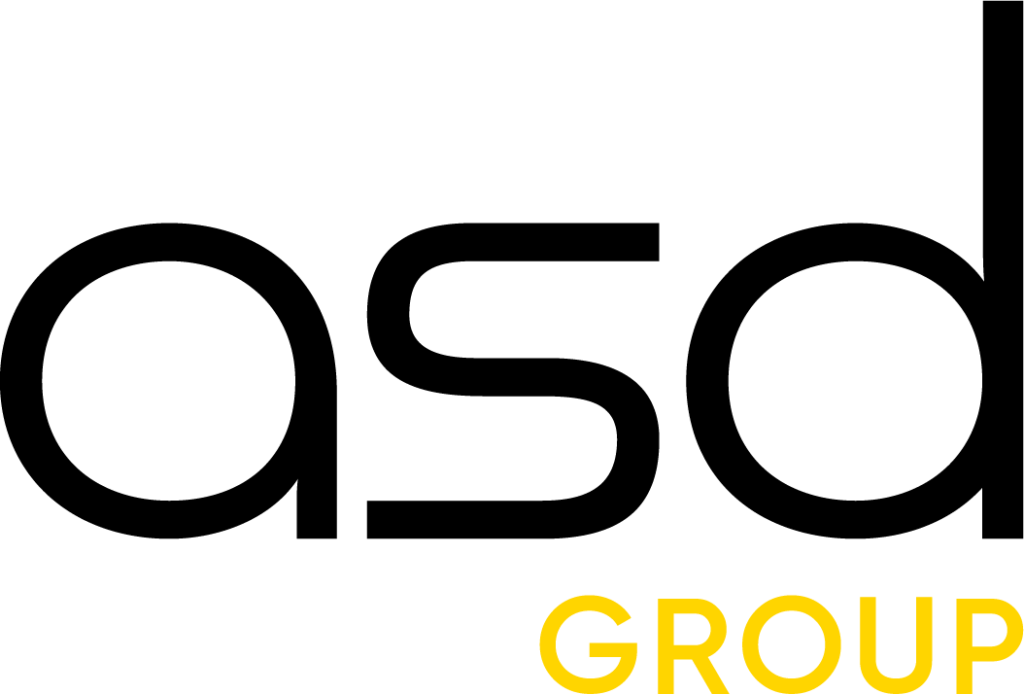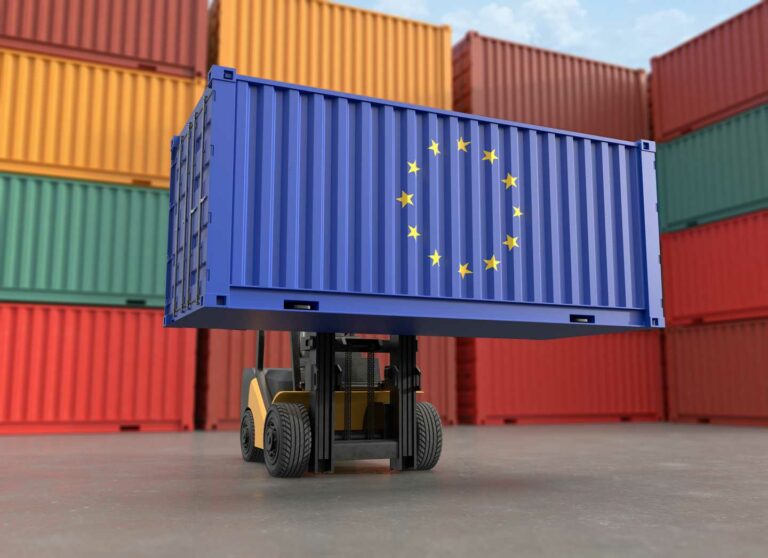Reverse charging of VAT at the time of importation has been the subject of much discussion in recent months. This measure has undergone many changes in a very short time. We have summarised the episodes in this article.
EPISODE 1
With effect from 1st January 2015 companies established in the European Union importing goods originating from third countries may opt for the reverse charge VAT mechanism to avoid having to pay it out at the time. Formerly, a company established in a member country which conducts import operations in France used to have to pay VAT to the Department of Customs when the goods were cleared and recover it several months later.
This advance payment of VAT placed a heavy burden on companies in terms of cash flow. The Act of 2015 removed this burden by making it possible to opt for the reverse charge mechanism. This practice consists of carrying out a book transaction on the VAT declaration to allocate the payment of VAT to self at the time of customs clearance. This advantage could be used solely by companies in possession of a Single Clearance Authorisation.
EPISODE 2
The “Blue economy” Act of 20th June 2016 amended the previous law. With effect from 1st October 2016, any company established in the European Union can opt for reverse charging of VAT unconditionally. This practice is no longer restricted to companies holding a Single Clearance Authorisation. The Constitutional Council halted the proposal of the Sapin II Law on the reverse charge mechanism of VAT at the time of importation.
EPISODE 3
The Sapin II Law, debated in parliament for several months, was intended to regulate the option on reverse charging by imposing conditions on its implementation. Authorisation would have to be requested from the Customs Department and would be granted if the applicant company fulfilled the following four conditions:
- To have conducted at least four importations in the European Union in the course of the previous 12 months;
- To have a register of importation operations;
- Not to have committed any offence against the Department of Customs and the tax services;
- To provide proof of financial solvency allowing the company to fulfil its commitments for the last 12 months.
EPISODE 4
This legal provision was censured by the Constitutional Council on 8th December 2016 on procedural grounds. However, the identical provision was reintroduced in the framework of the loi de finances rectificative pour 2016 (Amending Finance Bill no, 2016-1 918 of 29th December 2016 published in the Official Journal of the French Republic of 30th December 2016). In conclusion, any European business can opt to reverse charge VAT at the time of importation if it fulfils the four conditions above stipulated in article 1695 of the General Tax Code.
HOW TO OPT FOR REVERSE CHARGING OF VAT AT THE TIME OF IMPORTATION
ASD is an international firm specialising in tax and customs strategy. We offer our clients the possibility of putting this solution in place to protect its cash flow. For more information, contact us using the contact form; a sales representative will quickly respond to you.
HOW TO OPT FOR THE VAT REVERSE CHARGE MECHANISM
This is a very attractive option for companies as it allows them to protect their cash flow and no longer pay VAT at the time of importation. ASD, a tax firm specialising in intra-community VAT, prepares your application and files it with the relevant authorities. For further information contact us using our contact form.




